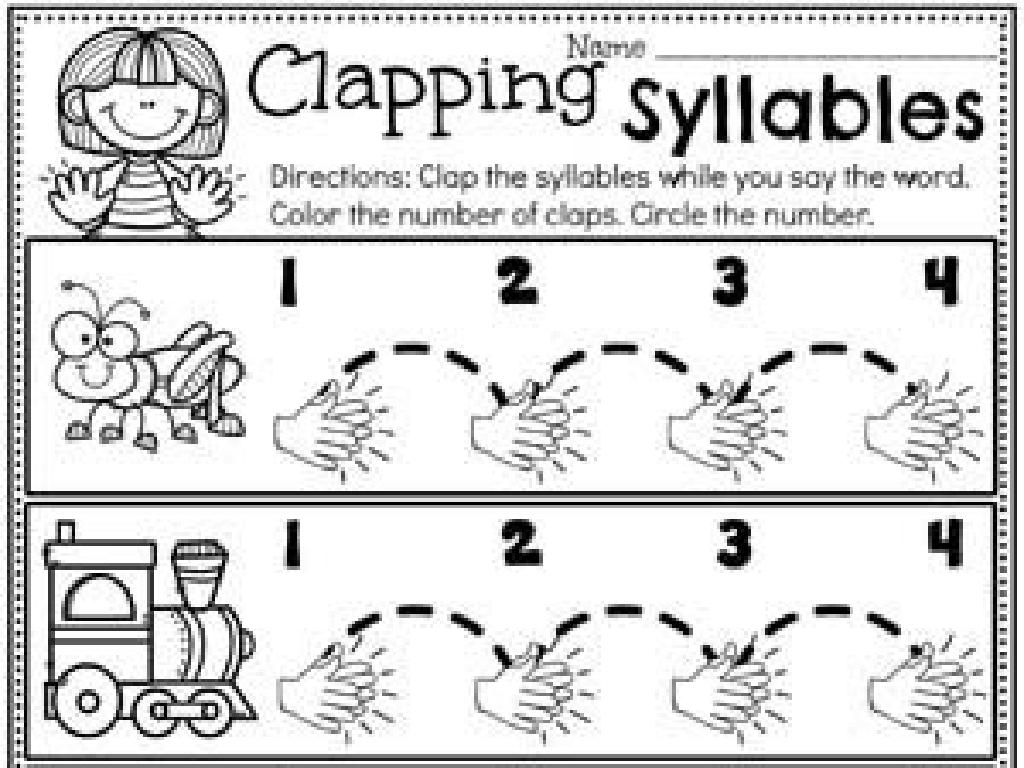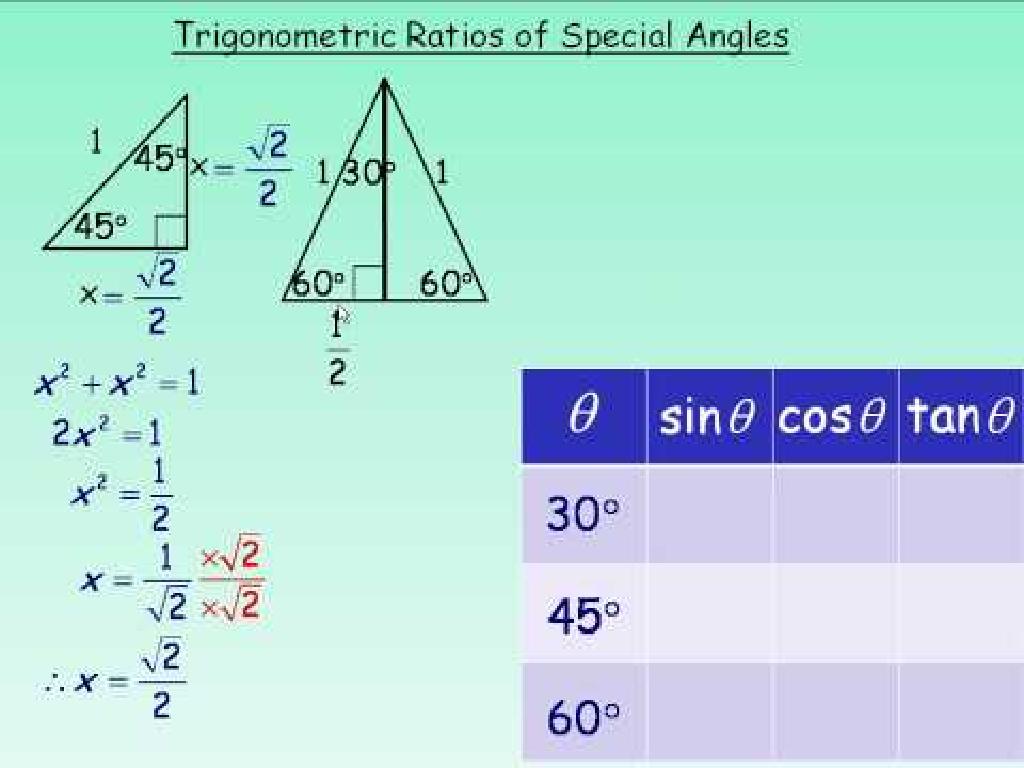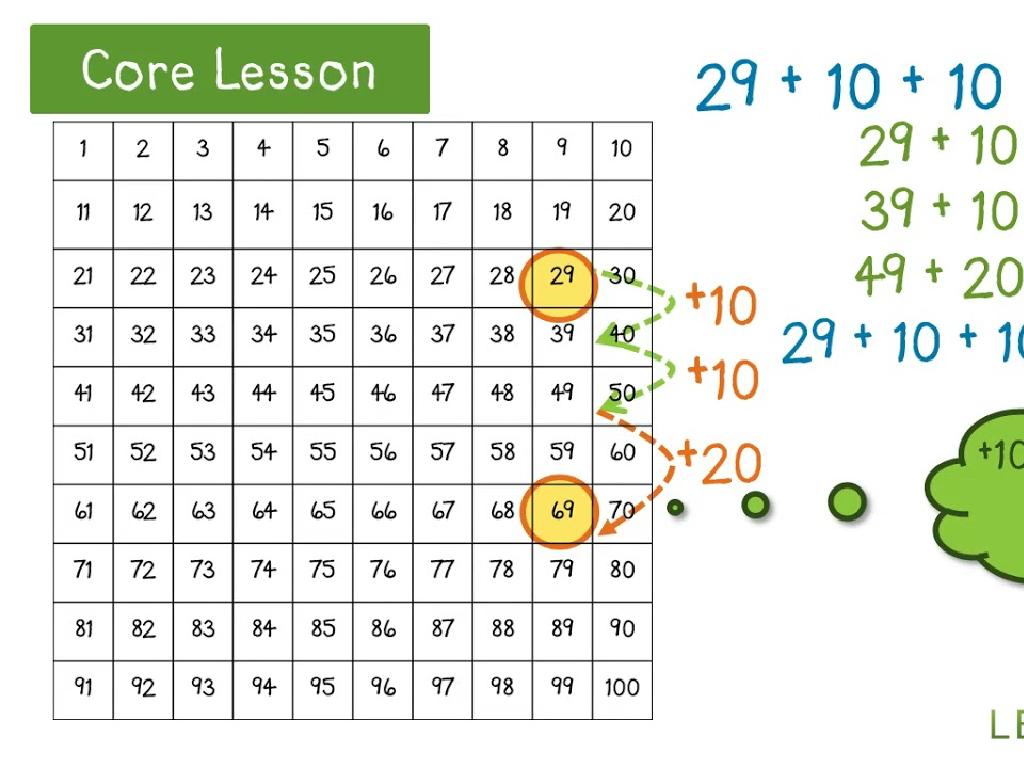Determine The Meanings Of Words With Greek And Latin Roots
Subject: Language arts
Grade: Fifth grade
Topic: Greek And Latin Roots
Please LOG IN to download the presentation. Access is available to registered users only.
View More Content
Exploring Greek and Latin Roots
– Welcome to word origins!
– Building blocks of English
– English words are like puzzles made of different pieces.
– Greek & Latin roots in today’s words
– ‘Tele’ means far, ‘phone’ means sound. Telephone: sound from far away.
– Importance of roots in vocabulary
– Knowing roots helps us figure out the meaning of new words.
|
This slide introduces students to the concept that many English words are derived from Greek and Latin roots. Begin by capturing their interest with the idea that understanding the roots of words is like being a language detective. Explain that just like building blocks come together to create a structure, roots come together to form words. Provide examples of common words they use that are made from Greek and Latin roots. Emphasize the value of learning these roots to enhance their vocabulary and reading comprehension skills. Encourage them to think of words they already know and see if they can identify the roots within them.
Exploring Word Roots: Greek and Latin Origins
– Roots: Building blocks of words
– Greek & Latin roots in English
– Examples: ‘bio’ means life
– ‘bio’ as in biography, biology
– Discovering meanings through roots
– Roots help us guess the meaning of new words
|
This slide introduces the concept of word roots, focusing on Greek and Latin origins, which are essential in the English language. Begin by explaining that roots are the basic parts of words from which other words are formed. Emphasize how a large portion of English vocabulary is derived from Greek and Latin roots. Provide examples such as ‘bio’ which means life, leading to words like ‘biography’ (a written account of someone’s life) and ‘biology’ (the study of living organisms). Encourage students to think of roots as clues that can help them deduce the meaning of unfamiliar words. This foundational understanding will aid in vocabulary development and enhance their reading comprehension skills.
The Power of Greek and Latin Roots
– Expand vocabulary and spelling
– Understanding roots helps guess the meaning of new words and spell them correctly.
– Boost reading comprehension
– Knowing roots makes it easier to understand what you read.
– Decipher unfamiliar words
– Roots give clues to the meaning of words you haven’t seen before.
– Build a strong language foundation
– A good grasp of roots strengthens your overall language skills.
|
This slide aims to explain the importance of learning Greek and Latin roots for language development. By understanding the building blocks of many English words, students can expand their vocabulary and improve their spelling. It also aids in reading comprehension, as students can use their knowledge of roots to decipher the meanings of new or complex words. This foundational skill is crucial for language proficiency and will serve students throughout their academic and personal lives. Encourage students to think of roots as clues in a detective story, where they can uncover the meanings of words. Provide examples of roots and how they form different words.
Exploring Greek Roots in English Words
– ‘Photo’ means light
– Examples: photograph (light picture), photosynthesis (light putting together)
– ‘Tele’ means far
– Examples: telephone (far sound), television (far sight)
– ‘Micro’ means small
– Examples: microscope (small look), microchip (small piece of technology)
|
This slide introduces students to the concept of Greek roots in English vocabulary, which helps them understand and determine the meanings of new words. ‘Photo’ is a root that relates to light, and it’s used in words like ‘photograph’ (a picture made using light) and ‘photosynthesis’ (a process plants use to put things together using light). ‘Tele’ is a root meaning far, seen in ‘telephone’ (a device for hearing sound from afar) and ‘television’ (a system for seeing images from afar). ‘Micro’ indicates smallness, as in ‘microscope’ (a tool to look at small things) and ‘microchip’ (a tiny piece of technology). Encourage students to think of other words they know that might contain these roots, and discuss how the meaning of the root fits with the meaning of the whole word.
Exploring Latin Roots in English Words
– ‘Port’ means to carry
– Examples: transport (carry across), portable (able to be carried)
– ‘Scrib/Script’ means to write
– Examples: describe (write about), manuscript (handwritten text)
– ‘Dict’ means to speak
– Examples: predict (speak before), dictionary (book of spoken words)
– Understanding word origins
|
This slide introduces students to the concept of Latin roots in English vocabulary, which helps them understand and determine the meanings of new words. By recognizing these roots, students can make educated guesses about the meaning of unfamiliar words they encounter in their reading. Encourage students to think of other words they know that include these roots. Discuss how knowing the root can provide clues to a word’s definition. This foundational knowledge will aid them in expanding their vocabulary and improving their comprehension skills.
Activity: Create Your Own Root Word Tree
– Understand Greek/Latin roots
– Choose one root for your tree
– Pick a root like ‘astro’ (star) or ‘bio’ (life)
– Add branches with related words
– For ‘astro’: astronaut, astronomy, asteroid
– Illustrate your word tree creatively
– Draw a tree and write words on branches
|
This activity is designed to help students understand the concept of word roots and how many words are derived from these roots. Students will select a Greek or Latin root and then brainstorm a list of words that include this root. They will then create a visual ‘Root Word Tree,’ with the root word at the base or trunk, and branches that represent the words derived from this root. Encourage creativity in the illustration of their trees. This will help them visualize and remember the connection between the root and the words that grow from it. Possible roots to consider are ‘tele’ (far), ‘micro’ (small), ‘photo’ (light), and ‘phon’ (sound). This hands-on activity not only reinforces the lesson on Greek and Latin roots but also allows for artistic expression.
Class Activity: Word Detective
– Become a word detective
– Use roots to decode words
– Break down words using Greek and Latin roots to uncover meanings
– Share findings with the class
– Enhance vocabulary skills
– Understanding roots helps us guess the meaning of new words
|
In this engaging class activity, students will act as word detectives to discover and understand new vocabulary through the lens of Greek and Latin roots. Provide students with a list of words that include Greek and Latin roots. Encourage them to use dictionaries or online resources to find the meaning of the roots and then use that knowledge to decode the meanings of the whole words. Afterward, students will share their findings with the class, explaining how they used the roots to determine the meanings. This activity not only enhances their vocabulary but also teaches them a valuable strategy for understanding unfamiliar words they may encounter in the future. Possible activities include creating a word wall with roots and meanings, making flashcards, or writing short stories using the new words.
Wrapping Up: Greek and Latin Roots
– Review of roots we learned
– Recap the Greek and Latin roots from our lesson.
– Roots deepen language knowledge
– Understanding roots helps us figure out word meanings.
– Practice makes perfect
– Read daily and spot new words with these roots.
– Keep discovering new words
– Use a journal to track and learn new words with roots.
|
As we conclude today’s lesson, it’s important to review the Greek and Latin roots we’ve covered. Emphasize to students how these roots form the foundation of many words in the English language, and understanding them can greatly enhance their vocabulary and reading comprehension. Encourage students to practice by reading various texts and identifying new words that contain the roots learned. Suggest keeping a journal of new words and their roots to reinforce learning. Remind them that daily practice is key to mastery and that they should be curious word detectives in their everyday reading adventures.
Homework Challenge: Greek and Latin Roots
– Find words with Greek/Latin roots
– Write the root and word meaning
– For ‘telegraph’, ‘tele-‘ is Greek for ‘far’ and ‘-graph’ means ‘write’
– Discover 5 new vocabulary words
– Look for words like ‘bicycle’ where ‘bi-‘ means ‘two’ and ‘cycle’ means ‘circle’
– Share your findings next class
|
This homework task is designed to help students recognize and understand the influence of Greek and Latin roots on the English language. By identifying the roots in words, students can begin to piece together meanings of unfamiliar words, enhancing their vocabulary. Encourage them to use a dictionary or online resources to find the roots and meanings. In the next class, create an interactive session where students can share the words they’ve found and discuss how the root words provide clues to the meanings. This will not only reinforce their understanding but also allow them to learn from each other’s discoveries.






